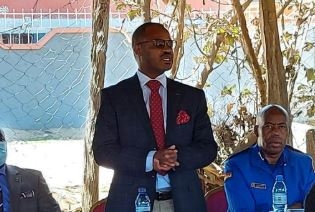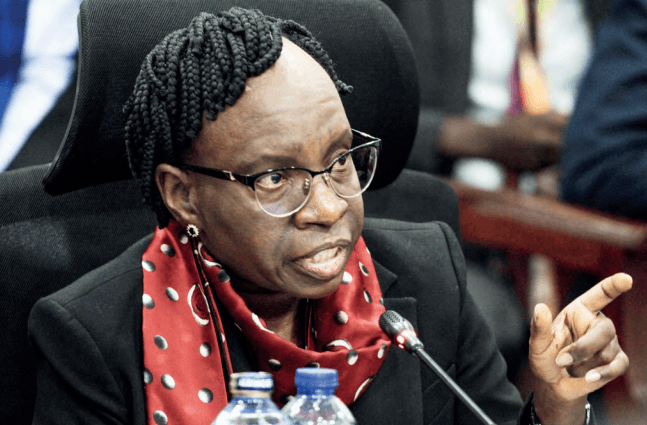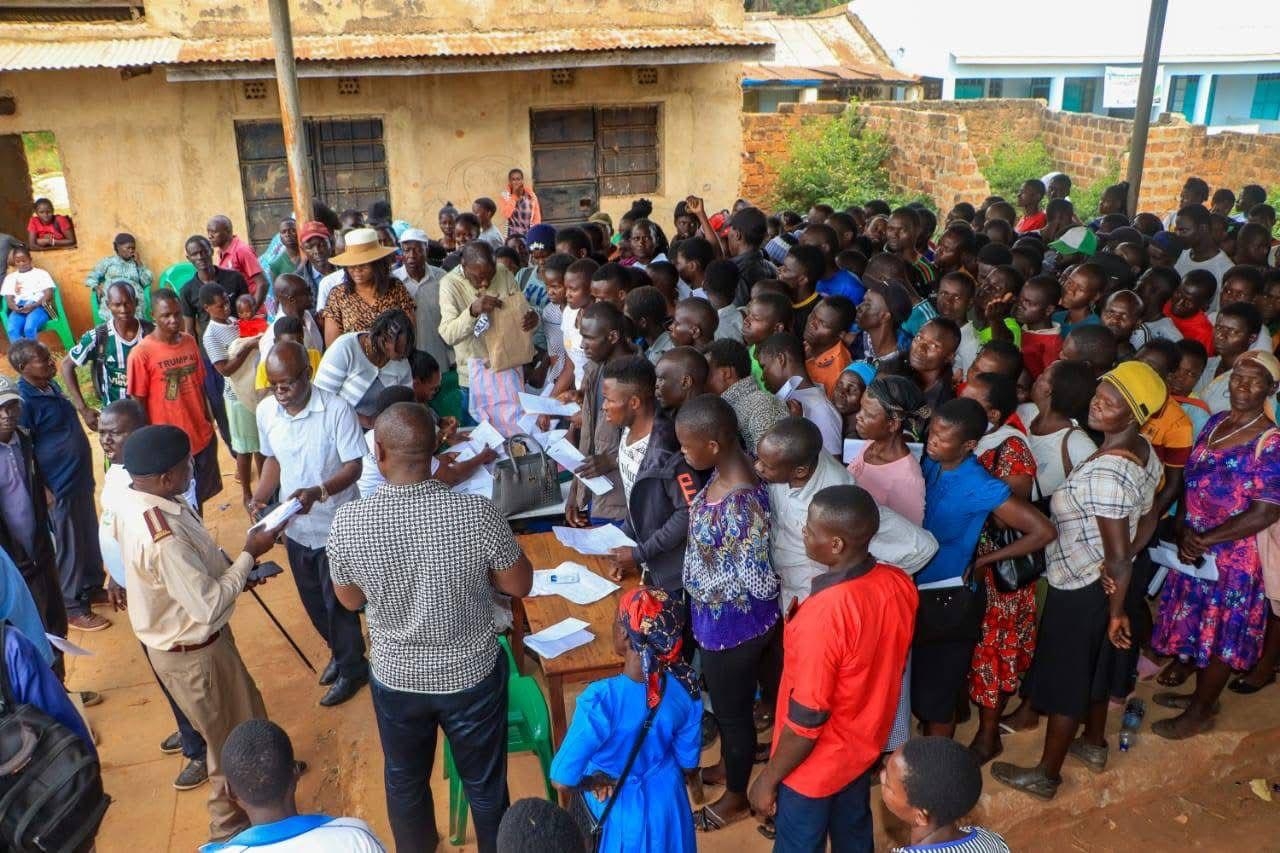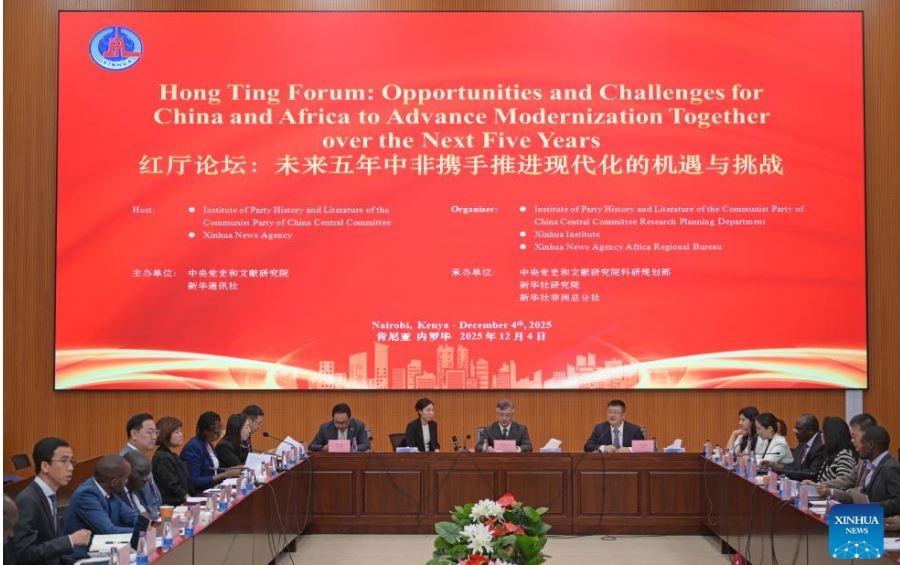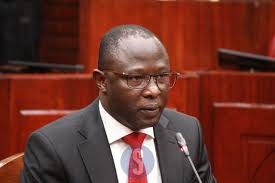Young people amass the greatest percentage of Kenya’s population.
While they are often involved in informal, politically relevant processes, such as activism or civic engagement, usually they are not formally represented in national political institutions and most of them do not participate in elections and this impacts the quality of democratic governance.
Young people often have a negative opinion of politics, and consider that politicians act more in their interest than for society.
Politicians often see young people as more prone to strike or to manifest their discontent than to collaborate or just as a tool of hire for just creating awareness.
This statement has gained ground and apparently, the young people are acting on it, yes, they will agree to be hired during campaigns and they will not turn up to vote.
In the work environment, young people are often seen as unreliable as they experience difficulties in finding employment.
Young people are not visible, and their views and opinions are not taken into account.
In representative organs, there are very few young people. People between the ages of 20 and 44 represent a greater voting population.
Due to the rigidity of our representative systems, democracies are quite reluctant to change and embrace new ideas. New forms of expression and mobilisation are not taken into account.
Young people feel like they lose influence whereas the interests of older people are more taken into account.
The older people gain political weight because they are the fastest growing age class due to a greater financial capability which is mostly the motivating factor in politics as the number of young people is decreasing in terms of their vocal intellect in politics evidenced also by their financial disability.
Young people have lost faith in most of the transition processes, new democracies should put liberty and transparency at par with other democratic values such as regular elections, rule of law, human rights, freedom of association, and freedom of speech to avoid less participation by the young people.
Some of the recommendations to address these challenges also include; improved citizenship education (to understand political systems), creating mandatory civic citizenship programmes in school curricula, and at the community level.
There should be sustained information campaigns targeting young people throughout the electoral cycle (not only before national elections).
Teaching young people more about how to vote and the essence can plant the seed early that voting is normal and worthwhile, and motivate young voters to overcome the short-term hurdles that might obstruct their participation in any particular election.
There is a need for increased involvement of young people (participation and representation) in political parties and public/private companies to provide young people more responsibilities voluntarily and ensure concrete steps to fully integrate young people into the political system.
The political authorities can propose new, innovative ways to make young people more interested in the functioning of democracy by creating consultative bodies for them to participate in policy making and decision-making.
Also, they should try to create institutions and places where young and old people can exchange views and reach agreements regarding specific issues.
Procurement Assistant at the Centre for the Study of Adolescence
Edited by Kiilu Damaris
“WATCH: The latest videos from the Star”



